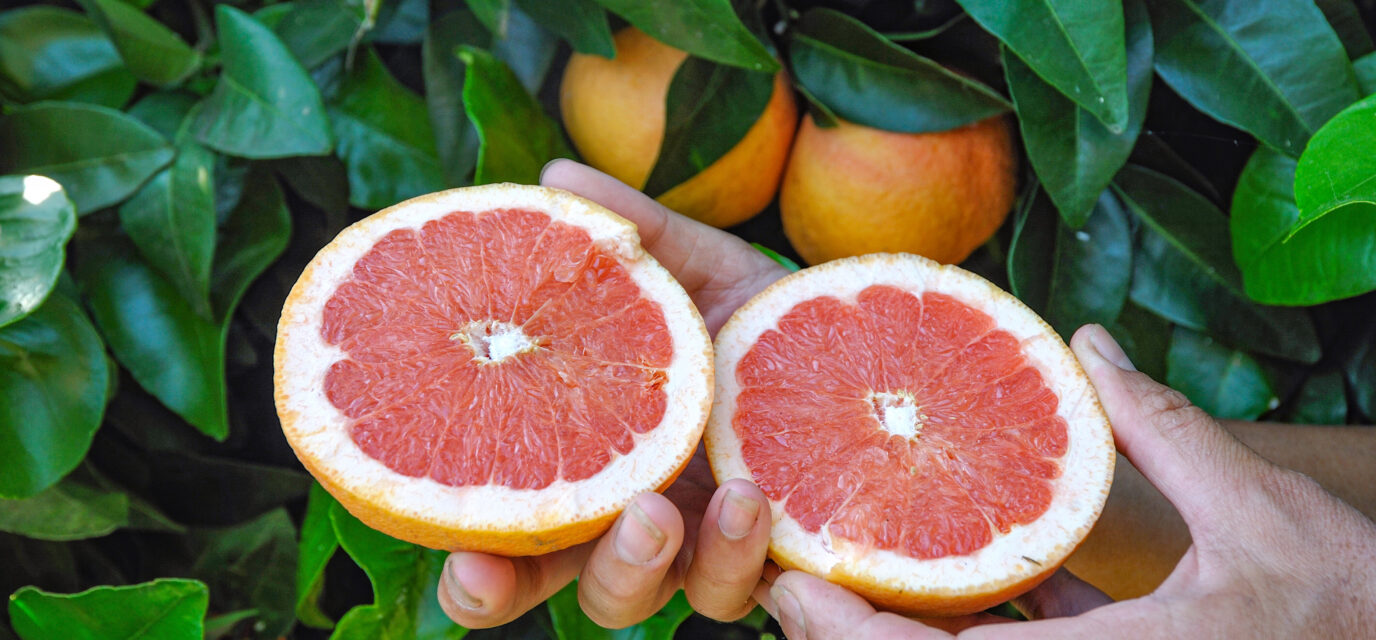Ashwagandha, also known as Withania somnifera or winter cherry, is a widely used medicinal plant that plays an important role in traditional Indian medicine, known as Ayurveda. The plant is native to India and parts of Africa and the Middle East. Ashwagandha is often referred to as an adaptogen, which means that it can help the body to adapt to different types of stress. The root of ashwagandha is most commonly used for its medicinal properties. It contains a variety of bioactive compounds, including withanolides, alkaloids and steroids, which are considered to have potential health benefits. Ashwagandha is often used to relieve stress, improve sleep quality, boost the immune system and promote general well-being. Some of the potential benefits of ashwagandha include:
- Stress reduction: Ashwagandha can help to reduce cortisol levels in the body, which can be helpful in coping with stress and anxiety.
- Sleep improvement: The plant is often used to promote healthy sleep as it can have a calming effect.
- Strengthening the immune system: Ashwagandha can support immune function and strengthen the body’s defenses.
- Improving cognitive function: Some studies suggest that ashwagandha can promote cognitive function and improve memory.
- Anti-inflammatory: The compounds in ashwagandha may have anti-inflammatory properties that could be useful for various conditions.
It is important to note that the effectiveness of ashwagandha in different applications is still the subject of research, and individual results may vary. Before using any supplements or herbal remedies, you should speak to a doctor or qualified health professional, especially if you have pre-existing medical conditions or are taking other medications.
